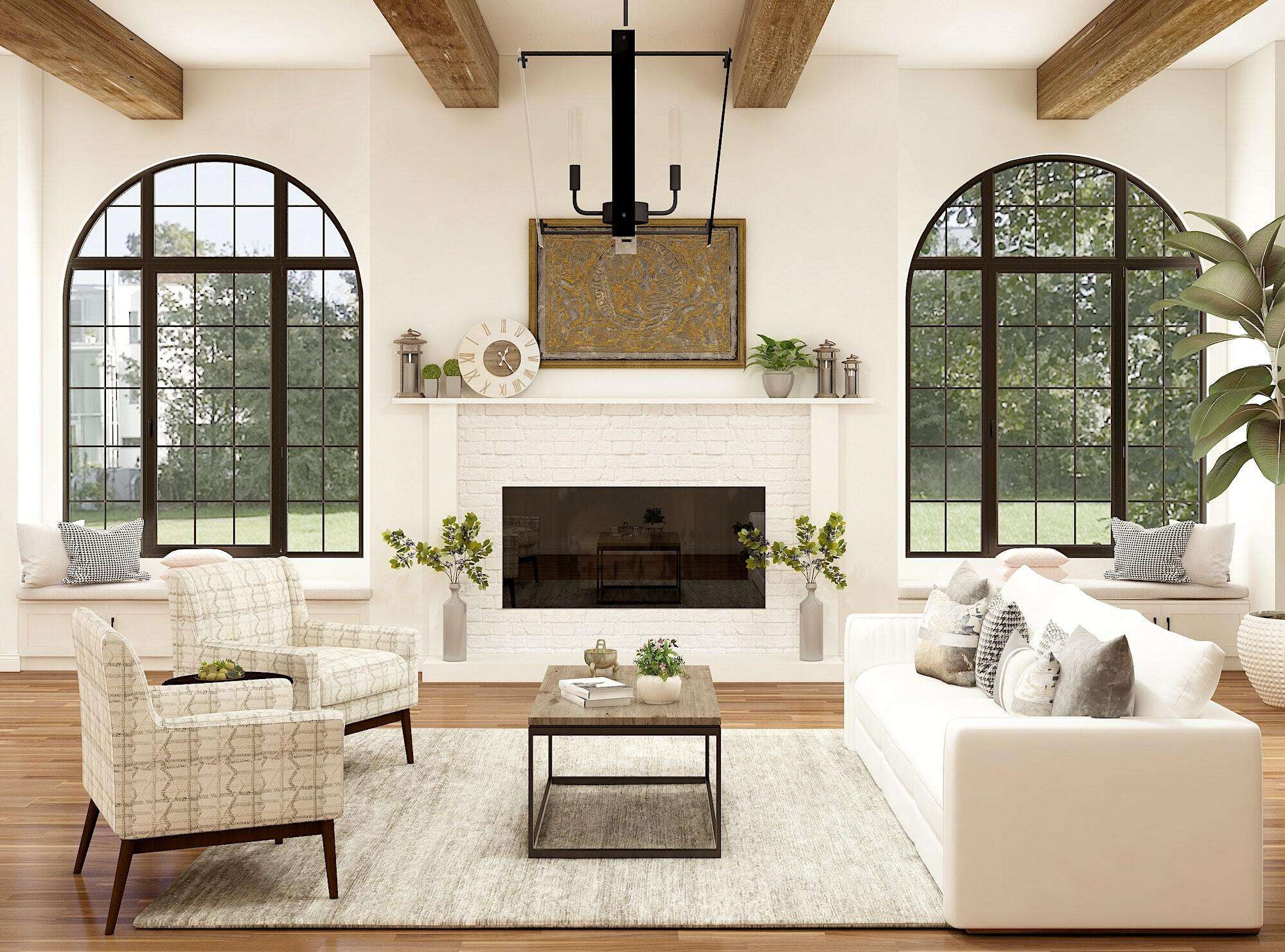Can you regulate the temperature in your home without going crazy with the thermostat and the emissions?
Being able to cool and heat your own home is a godsend, not to mention a literal life-saver. After all, it’s vital for the comfort of your home, as well as the health of everyone who lives and visits the home. But cooling and heating are expensive, and homes with poor insulation or outdated HVAC systems can lose a lot of heat in the winter and let a lot in during the summer, requiring more energy to maintain comfortable temperatures. This not only increases the environmental impact but also results in higher home energy bills. Implementing energy-efficient measures, such as better insulation and modern heating systems, can significantly reduce the environmental footprint of home heating and cooling.
There are many different kinds of heating and cooling systems that you can consider, and you will need to make sure that you are choosing one that is going to be right for you, as well as one that is eco-friendly.
Environmental impacts of heating and cooling your home
Besides the high energy bill that comes with excessive home heating or cooling, there are other reasons to consider going easy on the thermostat. The most direct environmental impact of home heating is the emission of greenhouse gases, especially if the heating or cooling relies on fossil fuels such as natural gas, oil, or coal. These fuels release carbon dioxide and other greenhouse gases which contribute to global warming and climate change.

Burning fossil fuels for temperature regulating can emit other pollutants, including sulfur dioxide (SO2), nitrogen oxides (NOx), and particulate matter, which have adverse effects on air quality. These pollutants can cause respiratory problems in humans and can also contribute to the formation of smog and acid rain.
The extraction of fossil fuels often involves disruptive practices like mining and drilling, which can lead to habitat destruction and a loss of biodiversity. It’s also resource intensive, using up substantial amounts of water while also leading to water pollution. These practices can have cascading effects on local ecosystems and the species that inhabit them, not to mention the geopolitical tensions caused by these practices.
Eco-friendly home heating and cooling options
If you crank up the heat or air-conditioning without a second thought, this is your sign to reconsider that habit. The adoption of more sustainable solutions can greatly reduce the environmental impacts associated with home heating and cooling. Technologies that utilize renewable energy sources also often operate with higher efficiencies compared to traditional fossil fuel-based systems.
Here are some options you may want to consider:
Adjusting the thermostat
Sometimes it’s not only about the methods you are using to heat and cool your home, but how much you use them. One simple thing that all of us could do to improve our impact on the planet is simply to turn down the thermostat in the winter and up in the summer. Even just having it a couple of degrees cooler could make a big difference in your energy bills and the environmental impact. Experts recommend setting the heat to the low to mid-60s for winter and setting the AC to the high 70s for summer. In the winter months, you’ll layer up in warmer clothes and in summer, wear less, so indoors should feel comparable.
Heat pumps
This is easily one of the most impressive ways to heat a home, and it’s something that you are certainly going to want to think about if you are keen on trying to keep your carbon footprint as low as possible. There are two major kinds of heat pumps – ground source and air source – which determine where the actual transfer of energy takes place. But in both cases, what you get is a very clean, very green way to heat your home – and one that is very affordable as well.

Burning low-emissions fuel
If your home has a fireplace then you might be wondering whether you can use this and still be doing your part for the environment. The answer is: it depends on what you burn. Fireplaces in themselves can be a normal and wonderful part of an eco home, but you need to make sure that you are thinking about what you are going to burn in them. Ideally, you will opt for eco-coal, a modern alternative to traditional house coal, which in some cases can have fewer emissions than wood and other similar fuels.
Insulate and wrap-up
There is a lot to be said for making sure that you have good insulation in the home both to keep it cool and warm. Very often that is one of the leading causes of overuse of energy in the home. Insulation is an effective and important way to make sure that you are regulating the temperature in your home as efficiently as possible without having too much of an effect on the planet. And the same goes for the people in the house. Just like we naturally wear less in the warmer months, winter is for bundling up in cozy sweaters and blankets. Turn to layers before you turn to the thermostat.
Ceiling fans
You might think fans are only for cooling in summer — they’re a big help there, too — but they can also help to circulate warmer air in the winter. This can be especially useful in large rooms or drafty parts of the home. While ceiling fans can work best to circulate the air and are generally quieter, a stand-up fan is just as effective, too.
Related on Ethos:


